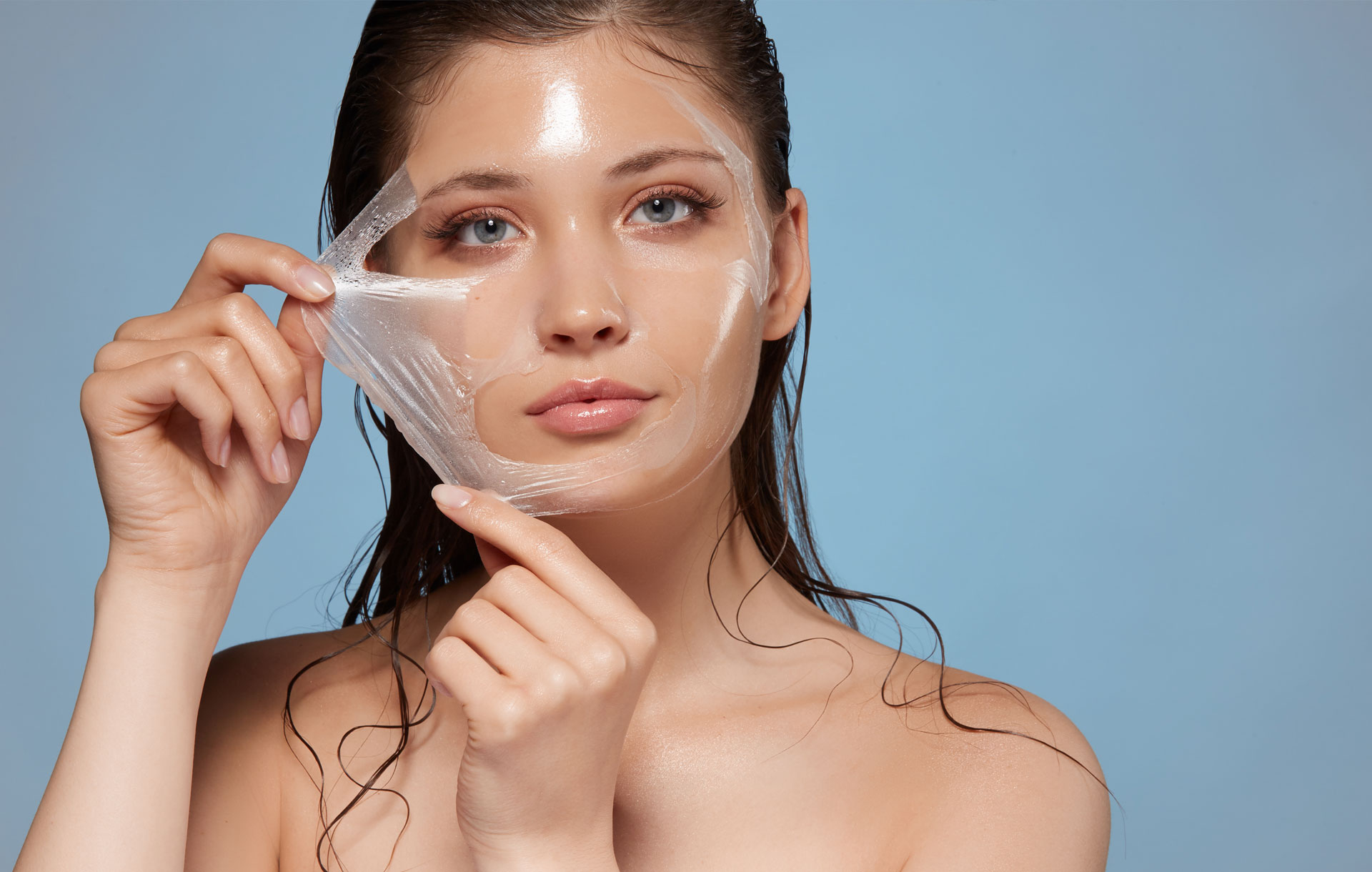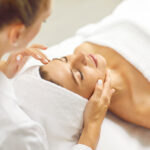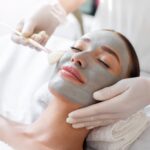
How to properly exfoliate different types of acne
Exfoliation is a key factor in obtaining and maintaining optimal skin health. Acne-prone skin, however, relies heavily on exfoliation to keep acne lesions from forming and to facilitate deeper penetration of active, acne-fighting ingredients. To really understand every facet of the relationship between acne and exfoliation, one must begin at the root cause of acne: Retention Hyperkeratosis.
Retention Hyperkeratosis is an inherited disorder defined by an abnormal shedding of cells within the follicle, leading to skin cells becoming stuck within the pore. The acne-prone pore sheds skin cells four to five times faster than those that are not acne-prone. This causes the build up of sticky, dead skin cells to the formation of a microcomedone, otherwise known as the beginning of all acne. Exfoliation is essential to treating acne; it keeps the follicles clear of debris, soothes inflammation, and fights bacteria.
[ihc-hide-content ihc_mb_type=”show” ihc_mb_who=”2,4,5,6,7″ ihc_mb_template=”3″ ]
Types of Acne
Three main types of acne are categorized by severity: mild, moderate, and severe. Noninflamed acne is categorized as open and closed comedones—this type of acne is particularly stubborn and can take longer to clear. Noninflamed acne begins with a microcomedone but has a rougher appearance than the next acne type.
Inflamed acne is categorized as papules, pustules, cysts, and nodules. Beginning once again as a microcomedone, inflamed acne differs from noninflamed as the inflamed pore becomes engorged from the continuous build up of oil, skin cells, and bacteria. This will eventually put too much pressure on the follicular wall, and it will burst, flooding the surrounding tissue. Like any wound, white blood cells are produced to fix the problem, resulting in redness and inflammation.
Lastly, combination acne is categorized by the presence of both inflamed and noninflamed lesions. When choosing an exfoliation for this acne type, always treat the inflamed acne first.
Exfoliation According to Acne Types
The type of acne will determine the best kind of exfoliation to use. Professional exfoliation treatments will aid the clearing process using extremely potent ingredients. Enzyme exfoliation is the best option for dehydrated skin with moderate to severe noninflamed acne. Ingredients like papaya enzyme do an excellent job of digesting dead skin cells and keratin proteins with minimal to no irritation. Papaya enzyme will also help soften lesions for easier extractions, expediting the clearing process. Do make sure to source an enzyme that includes ingredients like squalane, allantoin, and Vitamin C to support dehydrated, nutrient hungry skin.
Chemical peels are suitable for all types of acne, but not all skin types. Do make sure to perform a skin sensitivity test before performing a chemical peel. An effective chemical peel will contain ingredients like l-mandelic acid, l-lactic acid, salicylic acid, and azelaic acid. Like an enzyme exfoliant, chemical peels loosen impactions for easier extractions, which results in less trauma to the skin. There are many acneic skin benefits from chemical peels as they help improve the appearance of PIH, texture, and general discoloration caused by acne.
While professional exfoliating treatments are important, using chemical exfoliants like alpha hydroxy acids (AHA), beta hydroxy acids (BHA), and retinol at home will play a key role in keeping acne under control. L-mandelic acid (AHA) is ideal for practically all skin and acne types because of its multifunctionality as an anti-inflammatory, anti-fungal, anti-bacterial, and brightening exfoliant. L-mandelic acid also holds a more considerable molecular weight than other acids, which slows down epidermal penetration resulting in a more even, less-irritating exfoliation.
Not all chemical exfoliants are as universal as l-mandelic acid. For instance, salicylic acid (BHA) is the best choice for oily skin with inflamed acne or acne rosacea because it is oil-soluble and penetrates deep within the pore. Stubborn, noninflamed acne and maturation arrest benefit from glycolic acid (AHA) and retinol because they focus on removing layers of dead skin cells.
Physical exfoliants like facial scrubs are critical to clearing noninflamed acne because it preps the skin for maximum penetration of topical products. Using a physical exfoliant before applying chemical exfoliants like an AHA or BHA allows those active ingredients to penetrate the skin deeper. Look for a scrub that uses a gentle exfoliant like cellulose beads to avoid any abrasion to an acne-prone individual’s already sensitized skin.
Beware of incorrect exfoliation! While physical exfoliants are almost always recommended for noninflamed acne, never use a scrub on inflamed acne. Using a physical exfoliant on inflamed acne can cause lesions to tear open, which causes more inflammation, bacterial spread, cellular damage, and PIH. Make sure to monitor the needs of the skin as those can change—stronger is not always better. Opting for a chemical exfoliant that is too strong or incorporating too many different acids can cause an impaired barrier or burn the skin. When the barrier is impaired, it can lead to other skin conditions and increased breakouts.
[/ihc-hide-content]












